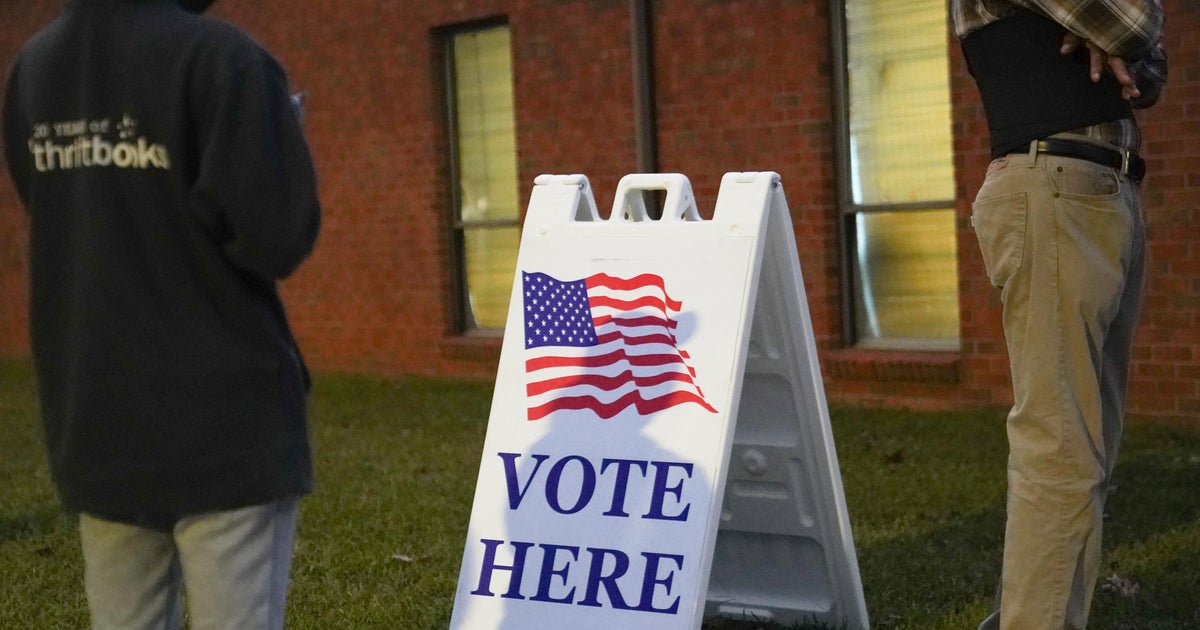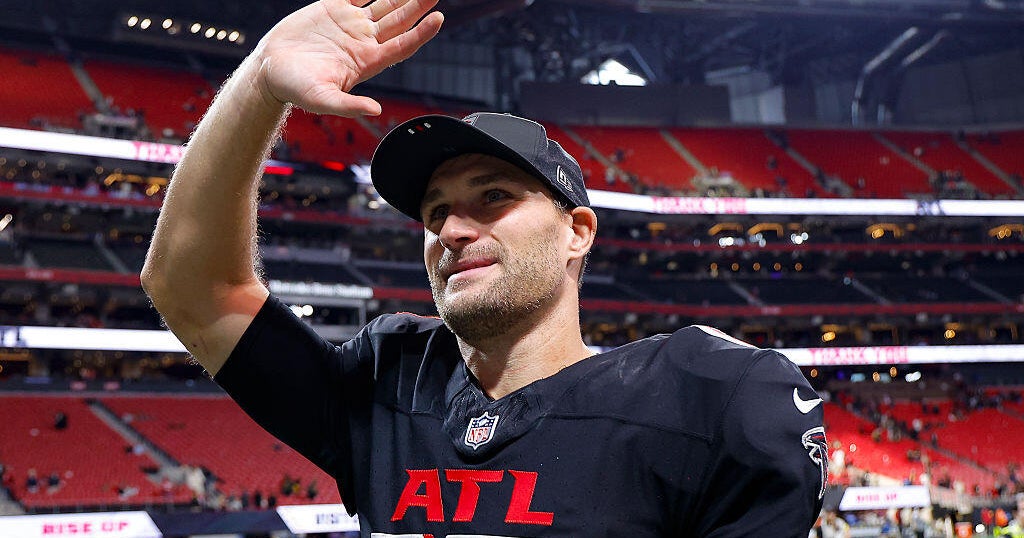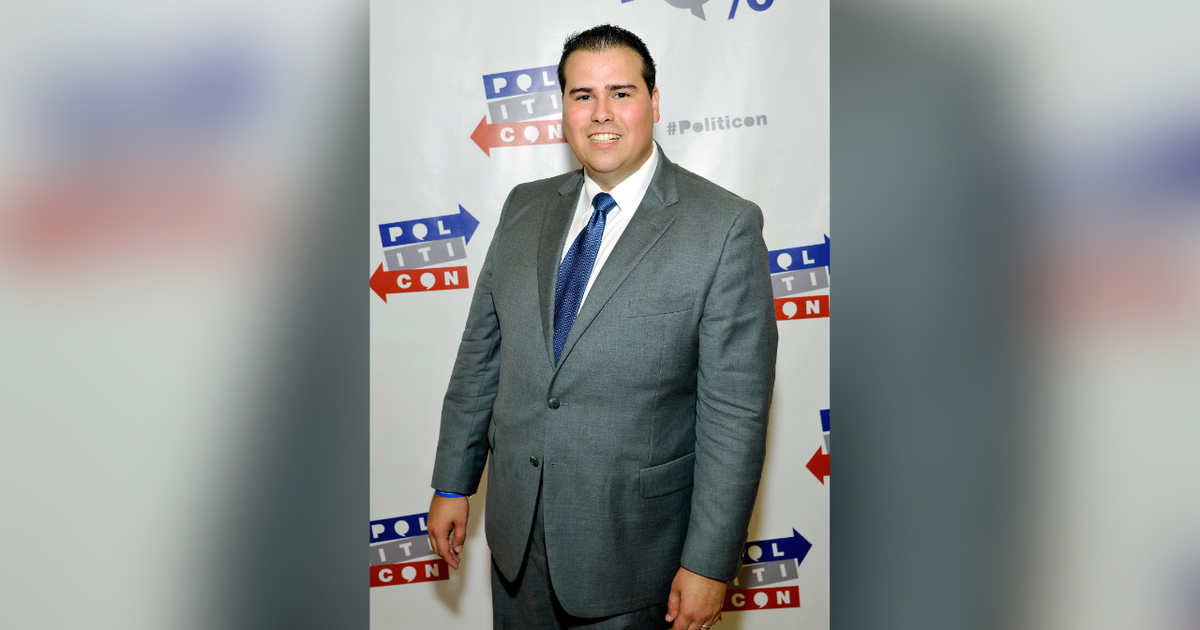Michael Smerconish: Sarah Palin, Ready, Or Not, For Prime Time?
3/15/12 - by Michael Smerconish
When authors Mark Halperin and John Heilemann published Game Change in 2010, they proved that, despite an unprecedented level of coverage of the 2008 presidential campaign, there was much of the story remaining to be told.
At the time, Halperin told me this was because "people aren't going to cooperate at the level we had during the campaign, when too much was at stake." Instead, he said, "the key was to talk to sources immediately after the nomination fight and immediately when the election was over." And for having done so in more than 300 lengthy interviews with more than 200 people, Halperin and Heilemann were richly rewarded.
The authors reported that:
- Hillary Rodham Clinton might have run in 2004 had daughter Chelsea not talked her out of it.
- By 2006, Sens. Harry Reid and Chuck Schumer were encouraging Barack Obama to run against Clinton in 2008.
- Bill Clinton once irritated Ted Kennedy by suggesting that Obama would have been fetching them coffee in the not-too-distant past, which Kennedy interpreted as racial.
- Reid saw appeal in Obama, whom he described as a "light-skinned" African American "with no Negro dialect, unless he wanted to have one."
- A rift developed between Obama and Joe Biden after the vice presidential candidate claimed he was more qualified to be president.
- Michael Steele studied extensively to play Obama in McCain debate prep, only to have McCain decide to drop the idea for fear it would be perceived as racially insensitive.
Game Change also contains a four-page recounting of a private conversation between Hillary Clinton and senior strategist Mark Penn, which provides a rare glimpse of her thought process. But perhaps the most explosive tidbits concerned John and Elizabeth Edwards (derided by staff as "St. Elizabeth and the Ego Monster").
John Edwards was so reckless and brazen that, on the night he lost the Iowa caucus to Obama, he made an overture to the Obama campaign to be the VP, overlooking that his paramour was then pregnant and his wife had cancer. So distressed were members of Edwards' staff that they debated whether to drop the dime to the New York Times or the Washington Post. Elizabeth Edwards was seen by staff as abusive and condescending, once protesting: "Why ... do you think I'd want to go sit outside a Wal-Mart and hand out leaflets?"
No wonder Halperin told me that "anonymity is required to do a book like this. ... To get the kind of cooperation we got requires giving people trust and confidence that they can speak freely."
With so much to choose from, the question became, how would HBO condense Game Change's 464 pages into two hours? Having seen an advance of the movie, which debuts Saturday night, I can answer in one word: Palin. More specifically, Sarah Palin (uncannily portrayed by Julianne Moore) as viewed through the eyes of Steve Schmidt, McCain's senior campaign strategist (Woody Harrelson).
Palin, who has already said the adaptation is based on a "false narrative," has reason to be concerned about her portrayal. It is devastating. She comes across as ill-equipped, unintelligent, and obstinate.
It was Schmidt who recognized during the summer of 2008 that the McCain campaign was destined to lose unless it came up with a game-changer. Enter the Alaska governor, who fit that bill but was insufficiently vetted and nevertheless embraced by self-described risk-taker McCain.
After a series of self-inflicted campaign setbacks, Palin is depicted as emotionally unstable and described by staff as being in a "catatonic" state. A panicked Schmidt is shown calling McCain and advising that she "could be on the verge of a complete nervous breakdown." (Halperin told me this week that Schmidt's message was conveyed to McCain in a group call that caused Palin to leave Philadelphia, where she was doing debate prep, for Arizona with her family.)
The job of preparing Palin for her media interaction fell to Nicolle Wallace, a senior McCain adviser who had been the White House communications director for George W. Bush. After interviews with Charlie Gibson and Katie Couric went poorly, Moore's Palin implodes, telling Wallace, "You have ruined me." At the end of the campaign, HBO has Wallace confiding to Schmidt that she could not bring herself to vote, presumably because she had gotten too close of a look at Palin, who would have been a 72-year-old's heartbeat away from the Oval Office. (This week, Heilemann confirmed for me that that detail is not in the book but was substantiated by HBO.)
Heilemann and Halperin told me that they think there is balance in their portrayal of Palin. Heilemann used words such as poise, magnetism, strength, and humanizing to describe the former governor. Both note that her strong convention speech, debate performance, and successful retail campaigning are presented, which is true.
I told them that my 15-year-old son walked into the room while I screened the movie. After watching the Palin portrayal for 10 minutes, he said: "This can't be real."
That's what Sarah Palin is already saying.
But more interesting will be what we do or do not hear from Schmidt and Wallace after the HBO debut. If neither disavows their portrayals, the silence will be deafening.







